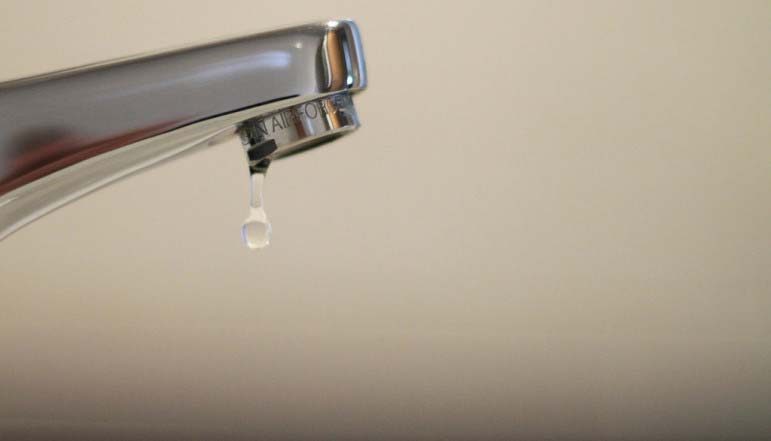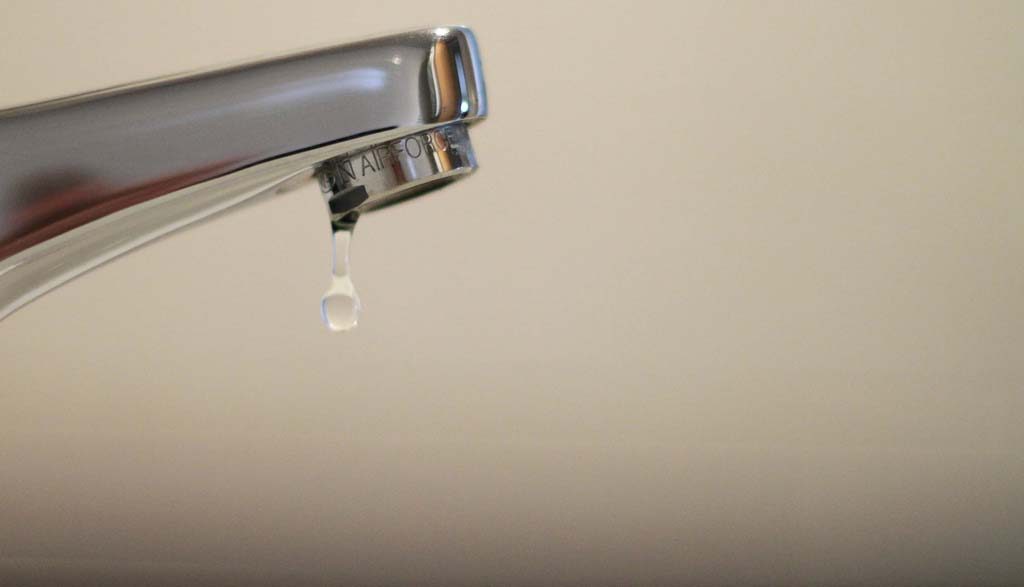
Qatar is moving forward with plans to build five mega reservoirs here that, when completed, would more than double its current emergency water supply.
This week, French company Saint-Gobain PAM announced that it had won two contracts with AlJaber Engineering LLC worth about $268 million to supply large-diameter pipes, fittings and valves for the reservoirs.
In a statement, Saint-Gobain said the materials would be mainly manufactured in France, for a “Security Mega Reservoirs” project that aims to provide Qatar with a seven-day emergency supply of drinking water for its burgeoning population.
The $2.7 billion project was first announced in 2012, with a 2016 completion date.
At the time, Hyder Consulting, which was providing engineering and environmental services on the project, said the reservoirs would have the capacity to hold Rome’s Coliseum, Sydney’s Opera House, or six A340 planes.
But the project only gained traction this year, when the government signaled construction would move forward on reservoirs in Duhail, Umm Qarn, Mesaimeer, South Doha and Muathier.
The new reservoirs, which are now expected to be finished by 2017, will be covered in solar panels to help generate electricity, so that the stations continue to function in the event of power cuts, utility company and project overseer Kahramaa previously said.
Water woes
Though Qatar is a desert country with only a few days worth of emergency water, residents are among the world’s top consumers of the resource per capita.
According to an official from the Qatar Environment and Energy Research Institute (QEERI), quality of life, lifestyle and the country’s harsh climate as the major reasons for the high usage – four times as much as many European countries, and 10 times more than many others.
Though Qatar has been holding awareness campaigns to curb usage, it is also hedging its bets by constructing these reservoirs.
The country has also been constructing a new desalination plant, as Qatar is heavily dependent on the expensive process to convert saltwater into something drinkable. The plant, in Ras Abu Fontas, is due to enter service in 2015.
Thoughts?







